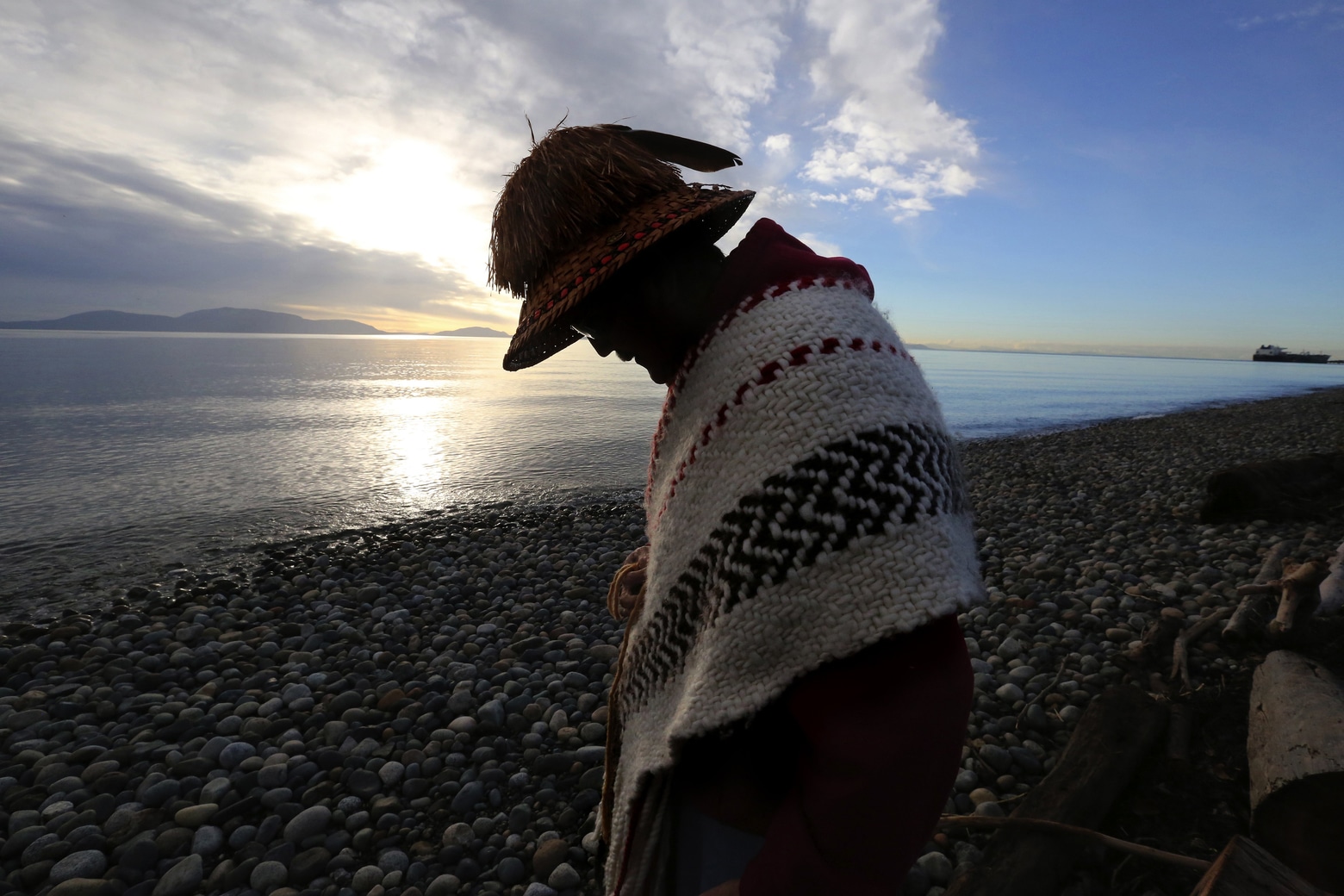Stopping the Gateway Pacific Coal Terminal

The proposed Gateway Pacific coal terminal would have been built in northwest Washington, and would have exported up to 48 million tons of coal each year to Asia, sending 1,000 colossal coal ships through the Salish Sea. At the time, it would have been the largest coal export terminal in North America. Had it been constructed, the terminal would have severely threatened the livelihoods of the 8 million people and 113 threatened and endangered species that call the Salish Sea home.
Further, if Gateway Pacific coal terminal had moved forward, the new port terminal would have negatively impacted the ancestral lands and fisheries of the Lummi tribal nation. The terminal would have cut off access to the tribe’s fishery, and any spill from the facility would have caused irreversible damage.
The only barrier to the construction of the coal terminal were federal permits from the U.S. Army Corps of Engineers, who were responsible for assessing the impact the coal terminal would have on the local environment.
Friends of the Earth played a vital role in stopping the proposed Gateway Pacific coal terminal, dealing a severe blow to the fossil fuel industry. Working with Power Past Coal—an alliance of environmental, health, and community organizations—we delivered more than 124,000 public comments voicing grassroots opposition to this dirty coal terminal. Further, we pressured local officials to reverse pervious decisions that allowed the project to move forward.
Adding to the opposition, the Lummi Nation requested that the U.S. Army Corps of Engineers deny Gateway Pacific’s permit. The tribe’s request cited the significant impact the new facility would have on their treaty rights and potential for irreparable damage to their fisheries.
When the U.S. Army Corps of Engineers issued a landmark decision to deny federal permits for Gateway Pacific coal terminal, it dealt a fatal blow to the coal project. The corps’ decision marked the first time that a coal export facility has been rejected in order to protect the treaty rights of a tribal nation.
Stopping Gateway Pacific was a landmark victory for tribal nations and significantly contributed toward saving the Salish Sea; however, since Gateway Pacific’s project was stopped, new fossil fuel export terminals have been proposed. Millennium Bulk Terminals’ proposal for a coal export terminal in Longview, Wash. is up for approval, despite environmental reviews finding that cancer rates, rail congestion, and impacts of climate change would increase if the project moved forward.
If built, the new terminal would pile coal eight stories high along the Columbia River banks and send 16 trains through Pacific Northwest communities each day. We cannot allow the dying coal industry to desecrate our clean air and water—stop the Millennium terminal today.
